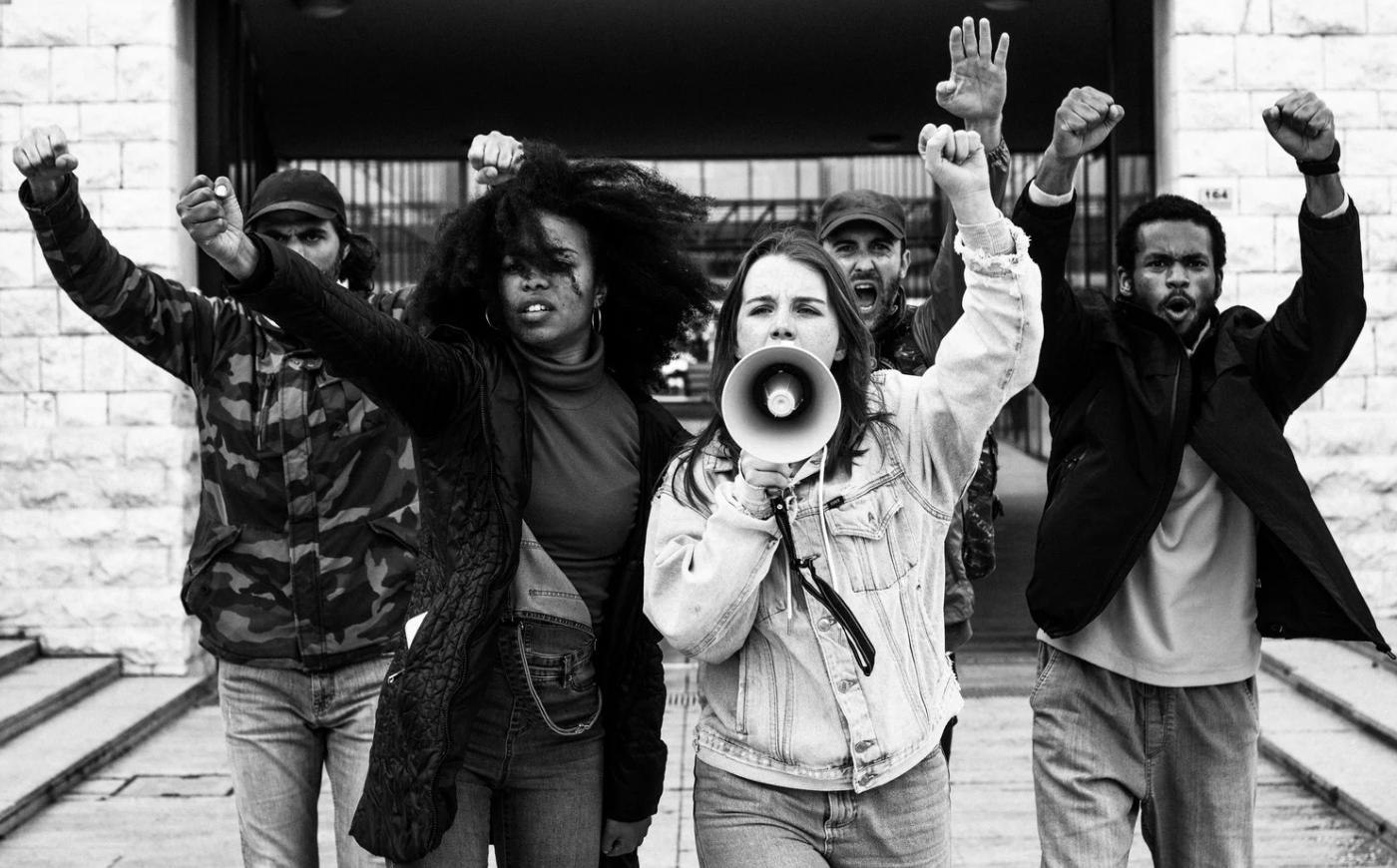Viagem
Empowering Youth Voices: Why Anthony Albanese Should Prioritize Listening Over Prohibiting Social Media
Anúncios
The Albanese government recently proposed “world-leading” legislation that would prohibit minors under the age of 16 from using all social media platforms, including platforms such as TikTok and Roblox. These platforms are a crucial source of much-needed connection in the current era. Teenagers are not the only ones who are bidding farewell to Instagram direct messages or Snapchat sequences as a result of this paternalistic measure, which was implemented without consultation with the individuals affected.
According to research conducted by Western Sydney University, social media is the primary source of news for over six in ten teenagers (63%) and four in ten children (37%). This emphasizes the importance of these platforms in educating young people about the world in which they reside and cultivating a conviction that empowers them to influence their future.
Nevertheless, social media companies are obligated to promote content that is respectful and non-toxic, a responsibility that they frequently neglect. Although social media has its limitations in terms of the ability to engage in nuanced discussions about intricate political issues, this is not a valid reason to prohibit minors from using these platforms. Rather, it is an opportunity to cultivate a critical life skill and provide them with age-appropriate education on the importance of coexisting in a respectful and healthy manner.
The government also intends to establish a “digital duty of care,” which will impose a responsibility on social media companies to safeguard the mental health of their users. This initiative is enthusiastically supported by all stakeholders who are dissatisfied with the way in which companies are neglecting these obligations.
Nevertheless, it is important to note that this is the same government that recently rejected the initiative of young people to incorporate a climate duty of care into federal law. This initiative was designed to safeguard the physical and mental health of Australian youth in the context of the climate crisis. It is a testament to the government’s willingness to safeguard young people and their drive for a fast victory.
Anthony Albanese stated that he has engaged in discussions with “thousands” of parents and other adults regarding the social media age restriction. However, where was the input from young people, the groups that are directly affected? It is intolerable to establish policies that influence young people without their involvement. The talents, passion, and desire of young people are sufficient to influence their future. It is imperative that the government provide them with the necessary assistance to accomplish this.
Social media is becoming a more prevalent platform for student activism, enabling adolescents to engage with individuals who share their interests, educate themselves on global issues, and mobilize for positive change.
I have witnessed the capacity of social media to influence young people and effect change in my capacity as a youth activist. In my work on the duty of care measure, social media serves as our primary instrument for communication and education. We produce and distribute educational content that is age-appropriate and intended to encourage young people to take responsibility for their futures through our Instagram and TikTok accounts. Our audience is effectively engaged by these brief, easily consumable soundbites, which provide them with information on topics that directly impact them and provide them with opportunities to take action for positive change.
The obligation to exercise care Social media platforms offer a secure environment for young people who share similar values to unite and promote a more equitable and secure future for both the present and the future.
Student activism is essential in any democracy, particularly because it is one of the few channels through which individuals under the age of 18 can effect change. You are effectively limiting their views and expressions by restricting their ability to engage in political discourse and online activism.
Not only will a ban isolate a generation that is experiencing an increase in loneliness, but it will also undermine their personal and political agency, thereby restricting their ability to acquire essential future skills.
Typically, a remedy is jerry-rigged in some form, as prohibiting young people from engaging in any activity has been ineffective. Rather, we should interact with the individuals who are most knowledgeable about this matter: the youth. Let us collaborate to establish a platform that enables individuals of all ages and phases to engage in a secure and respectful manner, fostering their mutual development for both the present and the future.





